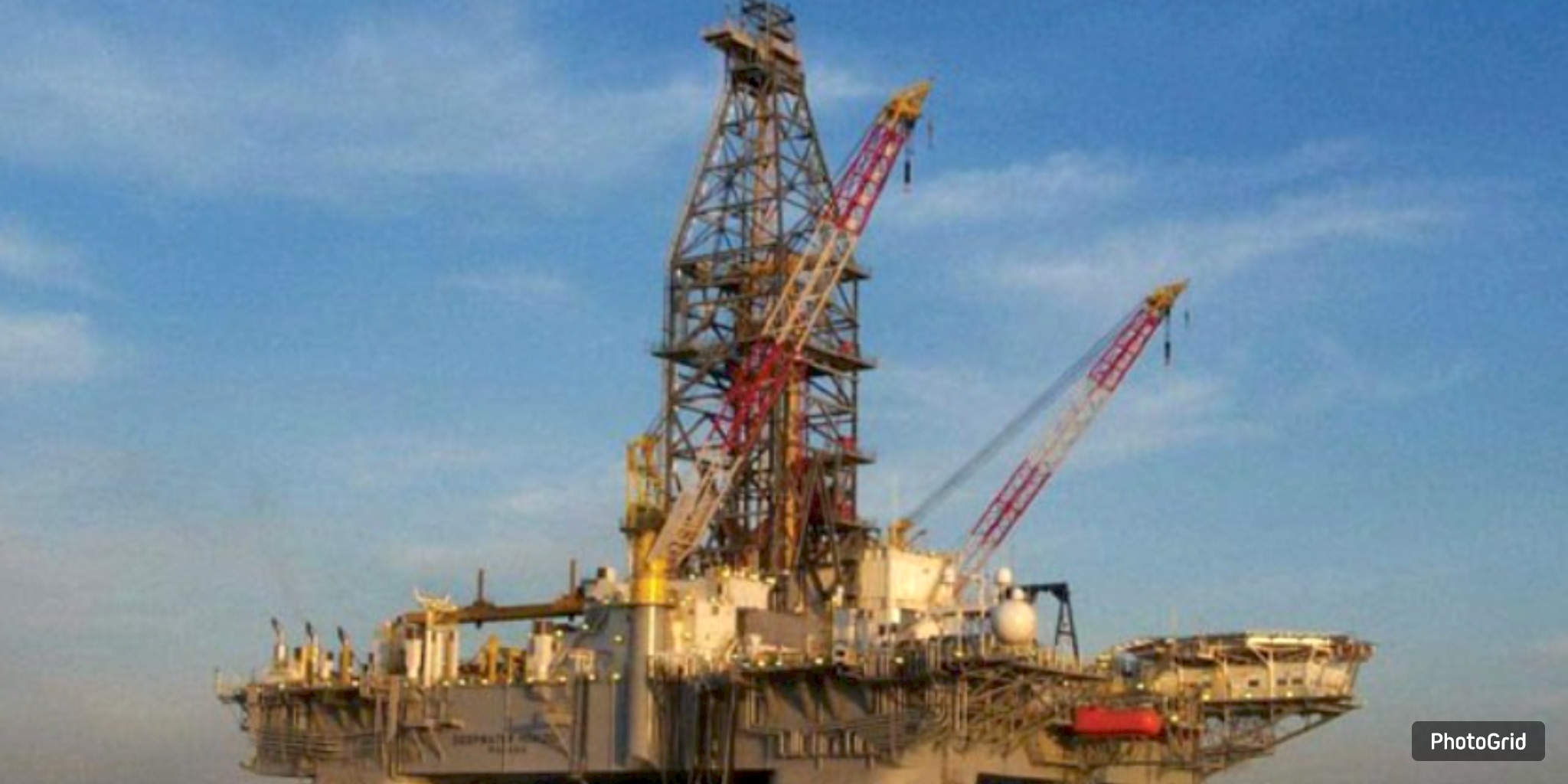The Bureau of Ocean Energy Management has rejected BP’s proposal for a new Gulf drilling project, stating that the plan failed to meet legal and safety standards and posed risks similar to those of the Deepwater Horizon disaster.

Federal regulators have rejected BP’s proposal for a new ultra-deepwater drilling project in the Gulf of Mexico, stating that the plan did not meet fundamental legal and safety standards. The company is required to revise and resubmit before the Bureau of Ocean Energy Management (BOEM) will consider approval.
The Kaskida project represents BP’s inaugural new oilfield in the Gulf following the 2010 Deepwater Horizon disaster, a tragic event that resulted in the loss of 11 lives and initiated the most significant oil spill in U.S. history. Environmental organizations assert that the proposal may provide access to as much as 10 billion barrels of oil in hazardous waters.
BOEM’s decision came after significant criticism from lawmakers, environmental organizations, and tens of thousands of public comments calling for the agency to halt the project. Regulators indicated that BP’s plan did not accurately assess potential spill volumes, lacked sufficient evidence of equipment to prevent a blowout, and failed to demonstrate the company’s ability to operate safely in extremely high-pressure and high-temperature conditions.
Joanie Steinhaus of the Galveston-based Turtle Island Restoration Network stated that BOEM made the right decision by forcing BP to rethink the Kaskida project. Steinhaus stated, “BOEM made the right decision in sending BP back to the drawing board for the Kaskida project,” stated Joanie Steinhaus of the Galveston-based Turtle Island Restoration Network. She continued, "The Deepwater Horizon spill had a catastrophic impact on marine wildlife and Gulf communities." BP has failed to show that it can avert another disaster.
Various advocacy organizations, such as Healthy Gulf, Sierra Club, Earthjustice, and the Center for Biological Diversity, expressed similar worries that the plan posed significant safety and environmental hazards and might lead to a repetition of previous errors.
The rejection of the proposal signifies a setback for BP’s aspirations in deepwater exploration, particularly as over 60% of new offshore lease bids are focused on deep or ultra-deepwater areas. NOAA Fisheries has cautioned that the depth significantly increases the likelihood of uncontrolled spills, making ultra-deepwater projects like Kaskida particularly perilous.
Advocates argue that the issues are so severe that abandoning the plan altogether is necessary, even though BOEM's action does not completely halt the project. BP faces the decision of whether to respond to regulators’ concerns and resubmit the project for review.
.jpg)
A sweeping federal appropriations bill headed to the president’s desk includes more than $30 million for Galveston-area projects, with major funding for harbor dredging and the Coastal Texas “Ike Dike” flood protection system.
.jpg)
A new Montgomery County mobility study, backed by the Houston-Galveston Area Council, aims to create the region’s first 10-year transportation roadmap, a move local leaders say could influence how projects are planned across the broader Galveston area.